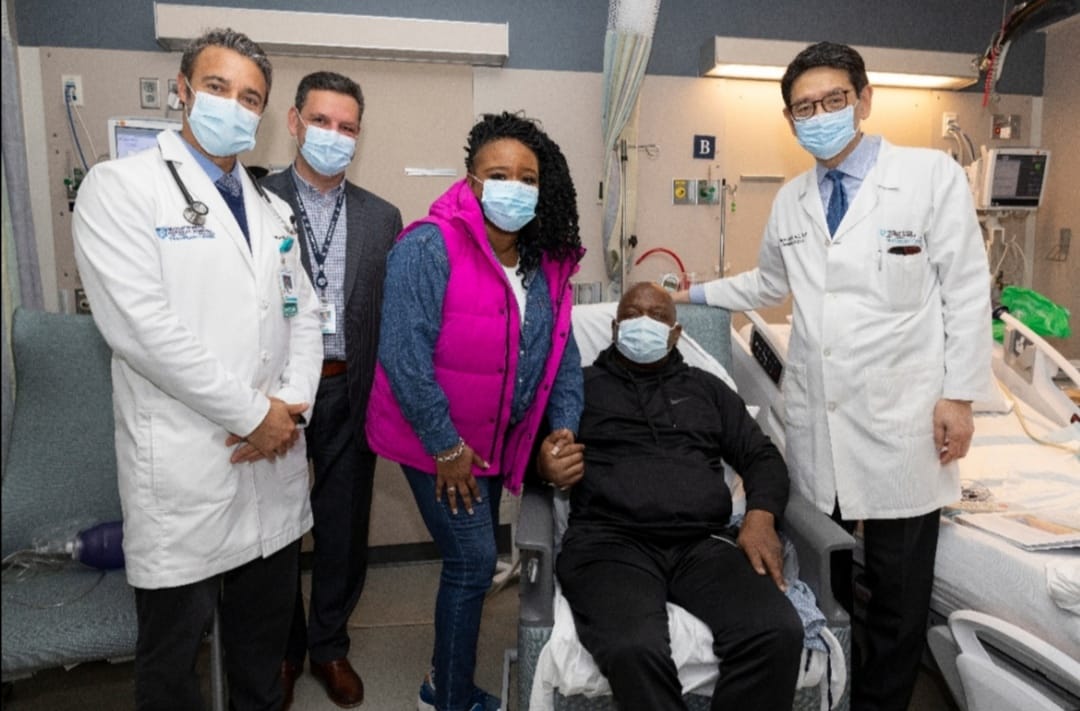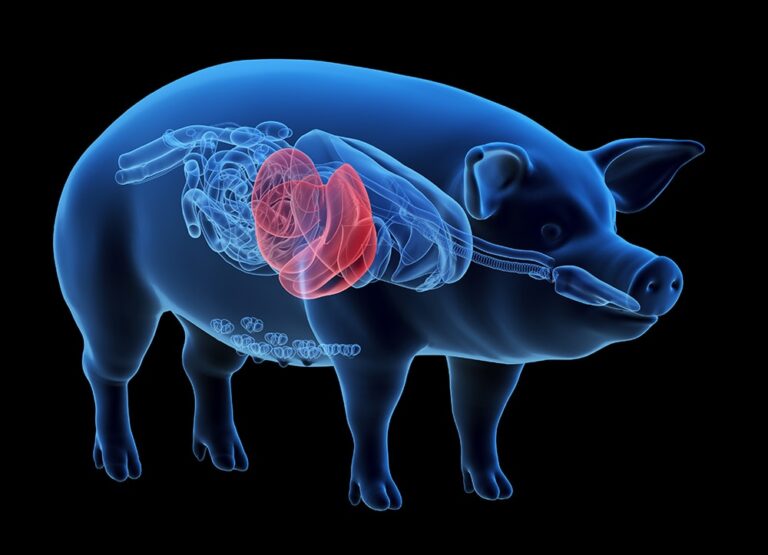In March 2024, surgeons in Boston attempted something that sounded closer to science fiction than medicine: transplanting a genetically modified pig kidney into a human patient.
The patient, Richard Slayman, 62, had lived with kidney failure for years. He had already undergone dialysis, and a human kidney transplant had failed. With no other options left, he volunteered for a groundbreaking experiment — one that could redefine organ donation forever.
For two weeks, the new kidney functioned. His body accepted it, urine flowed, and doctors celebrated what they believed was the first real step toward solving the global organ shortage.

“This wasn’t just about Richard,” said Dr. Tatsuo Kawai, the transplant surgeon. “It was about millions of people waiting for kidneys, hoping for a chance at life.”
But just 14 days later, Richard passed away. The hospital confirmed the kidney itself had not shown immediate rejection, leaving his exact cause of death uncertain.
For his family, the outcome was bittersweet.
“Richard knew this was risky,” his brother shared. “But he wanted to help future patients. He wanted his life to mean something bigger.”
Today, more than 90,000 people in the U.S. are waiting for a kidney transplant. Most will die before a donor organ is available. Scientists believe xenotransplantation — using genetically modified animal organs — could change that reality.
Richard’s story is not failure. It’s a first step. A proof that the barrier between species can be crossed, if only briefly.
In the sterile lights of an operating room, a pig kidney worked inside a human being. And even though Richard didn’t survive, his decision may one day save thousands who otherwise would not have had a chance.










